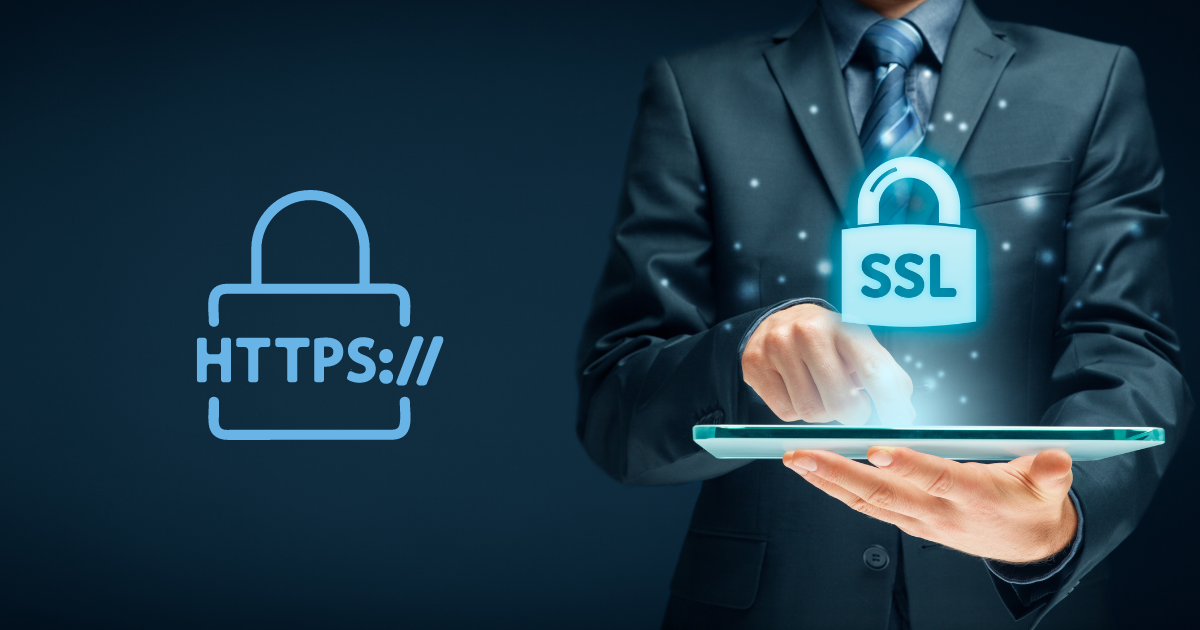
SSL Explained: Why This Protocol is Crucial for Your Online Security
In today’s fast-paced digital landscape, online security has become a critical concern for individuals and businesses alike. With the rise of online transactions and the increasing sophistication of cyber threats, it is essential to protect sensitive data from unauthorized access. One powerful solution that can help keep online information secure is SSL, or Secure Sockets Layer.
In this article, we’ll take a deep dive into SSL and explain what it is, why it’s such a critical tool, and how it operates to safeguard your online information.
What is SSL?
At its core, SSL is a protocol that creates a secure and encrypted connection between a web server and a browser. Using sophisticated cryptographic algorithms, SSL encrypts any data transmitted between these two endpoints, rendering it indecipherable and unreadable to any unauthorized parties who might intercept it.
When a browser requests a secure connection from a web server with an SSL certificate, the following steps occur:
- The browser receives the SSL certificate, which includes the web server’s public key.
- The browser verifies the SSL certificate and creates a symmetric key for encrypting data.
- The browser encrypts the symmetric key using the web server’s public key and sends it to the web server.
- The web server decrypts the symmetric key using its private key.
- The web server and browser use the symmetric key to encrypt and decrypt data transmitted between them.
This process creates a secure, encrypted connection that ensures the confidentiality, authentication, and trust of online transactions.
Why is SSL important?
SSL is critical for ensuring online security for several reasons.
First and foremost, SSL provides confidentiality. By encrypting sensitive data, SSL ensures that only the intended recipient can access the information. This ensures that hackers, cybercriminals, and other nefarious parties cannot intercept and read sensitive information, such as credit card numbers or personal data.
Secondly, SSL provides authentication. It verifies the identity of the web server to the browser, preventing “man-in-the-middle attacks,” where an attacker tries to intercept communications between the two endpoints and impersonate one of them. With SSL, users can be sure that they are communicating with the intended recipient and not a hacker.
Thirdly, SSL inspires trust. Websites that have an SSL certificate display a padlock icon in the address bar of the browser. This icon signifies that the connection is secure and that the website has been authenticated, which can increase user confidence and make them more likely to do business with that website.
Finally, SSL is critical for compliance. Several regulations require organizations to use SSL, such as the Payment Card Industry Data Security Standard (PCI DSS). Failure to comply with these regulations can result in hefty fines and legal consequences.
Overall, SSL provides an essential layer of protection for online transactions and helps to build user trust. It’s crucial for websites that handle sensitive information to use SSL, and for all internet users to be aware of its importance and take steps to ensure their online safety.
How can you ensure SSL is being used?
One way to ensure that SSL is being used is to look for the padlock icon in the address bar of your browser. When you visit a website with SSL, the padlock icon will appear, indicating that the connection is secure.
Another way to check if SSL is being used is to look at the URL. Websites that use SSL will begin with “https” instead of “http”. The “s” stands for “secure”, indicating that the connection is encrypted and protected by SSL.
Conclusion
In today’s digital landscape, online security is more critical than ever. SSL provides a powerful solution for protecting sensitive data and ensuring the confidentiality, authentication, and trust of online transactions. By understanding the importance of SSL and taking steps to ensure its use, you can help to safeguard your online information and build user trust.





